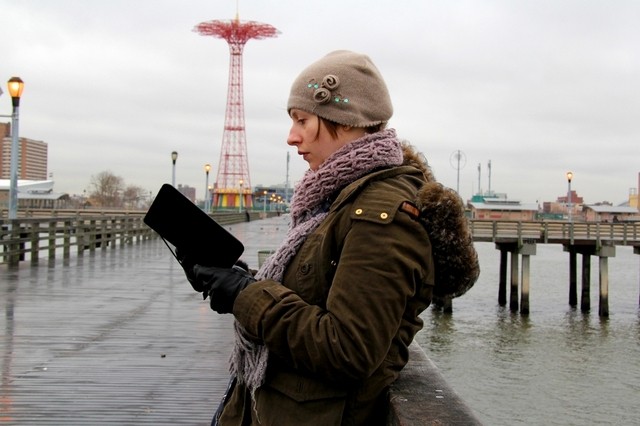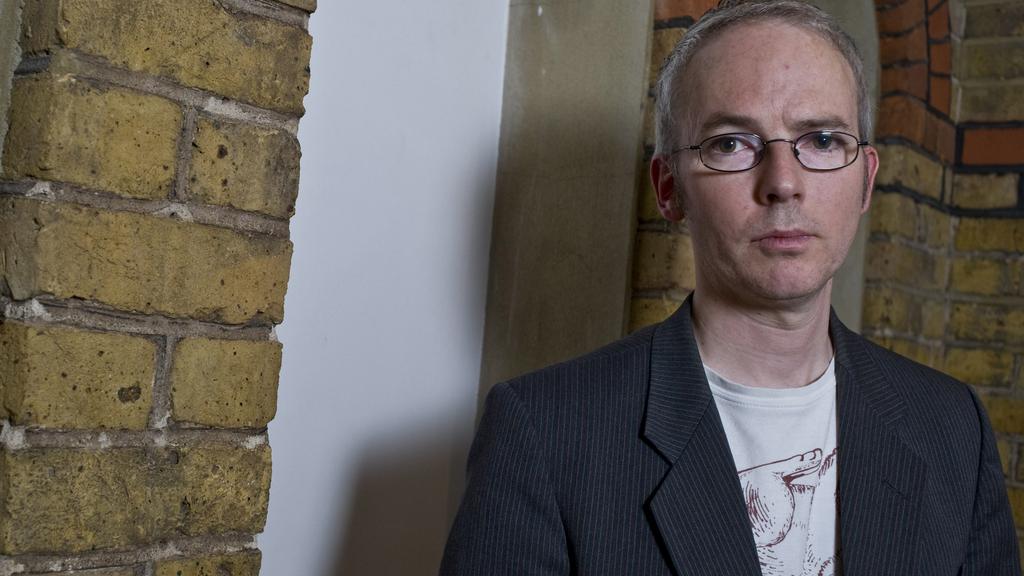As New Year’s Resolutions go, it was an impressive one. In 2012, blogger Ann Morgan set about reading a book from every one of the planet’s 196 independent countries.
She’d already completed A Year of Reading Women blog project – during which she spent the whole of 2011 reading books by women writers and blogging about them – but this was a whole different undertaking on a massive scale.
Not only was the maths intimidating – try reading and writing about a book every two days – but the logistics, too. A novel translated into English from the African island nation São Tomé and Príncipe? Good luck finding that.
But good luck, and goodwill, is exactly what Morgan found.
“I put out a call for people to suggest a book from individual countries in October of 2011,” she says. “I genuinely had no idea whether anybody would be interested.
“But just four days later, a woman from Kuala Lumpur got in touch and told me she wanted to go to her local bookshop and choose a Malaysian book translated into English to post to me. It was just incredible that a stranger would offer to do that.”
And that became the pattern, as people from across the world e-mailed Morgan. It was hard – she had to stick to reading 150 pages every day and started each morning with two hours of writing and research.
And she had a full-time job, too.
“But it was also incredibly humbling to find so many book lovers with so much enthusiasm for the project – and pride in their country’s literature,” she says.
The blog – ayearofreadingtheworld.com – was such a hit, Morgan landed a deal to write a book about her experiences. The result, Reading the World: Confessions of a Literary Explorer, is out now.
Interestingly, it is not a blow-by-blow account of her year – you can still read that on her blog. Instead, it’s a jumping off point for a more expansive journey about how we connect across cultures through the narratives we share.
“When I had the idea, I wasn’t trying to be clever,” she says. “It came from looking at my bookshelf and realising that I’ve only read British and American authors, even though I’d always thought of myself as quite a cultured, international person. I was sheltered in my reading. And that’s terrible.
“All those amazing authors, places and realities I was missing out on. And that’s what I learnt from doing this – it gave me a real sense of perspective. I became alive to the dilemmas and lives different people have through the stories they told.”
This included the realities facing people in UAE.
More broadly, Morgan’s take on Arabic literature in translation is interesting. One of her epigraphs is from Abdul Aziz Al Mahmoud’s novel The Corsairand the Qatari author admitted to The National that he wrote it with “the full intention that it would be translated into English”. The dominance of English-language publishing can be a problem in that sense.
“Sometimes I came across work that was obviously written in the hope it would be translated for a western market,” says Morgan. “I completely understand that, because the potential benefits are so huge, but a certain richness can get lost when authors try to write for an audience that isn’t their home crowd.
“The novel from Mozambique I read, by Ungulani Ba Ka Khosa [Ualalapi] is extraordinary, with this towering, tragic hero unlike anyone I’d come across before. It’s won prizes and was chosen as one of the top African books of the 20th century. But I had to track down an unpublished manuscript.”
Morgan’s list was never meant to be definitive. She’s not saying Mohammed Al Murr’s The Wink of the Mona Lisa and Other Stories from the Gulf is representative of the UAE, in the same way that if you were to travel to Dubai, you wouldn’t claim it was emblematic of the whole country.
The project was simply about the joys of literary exploration.
“And it was a completely amazing experience,” she says of a project that ran on nothing more than goodwill. “The book from São Tomé and Príncipe – a team of volunteers actually translated A Casa Do Pastor, by Olinda Beja, for me,” she says. “And it turned out one of them was Margaret Jull Costa, one of the world’s most famous translators. It was like asking to borrow a friend’s bicycle and they lend you a Ferrari.”
Tales of such astonishing generosity peppered Morgan’s year.
“People just wanted to share their stories,” she says. “Which is great – stories connect people, overcome cultural differences and create a common ground. It was a hard thing to do, but such a privilege to have access to a huge number of books I would never, ever, have come across.”
Reading the UAE
The UAE books recommended to the blogger Ann Morgan (by the eminent Arabic translator Roger Allen) included Qais Sedki’s Gold Ring, Maha Gargash’s The Sand Fish, Ameera Al Hakawati’s Desperate in Dubai and Mohammad Al Murr’s 1998 collection, The Wink of the Mona Lisa and Other Stories from the Gulf.
She picked the last one, she says “because I was intrigued by the title”.
“That often happened, actually,” she says. “Something on a surface-level would make me want to find out more. And The Wink of the Mona Lisa was a good choice because it was a collection of short stories, so I really got the sense of a place and a cross section of its people rather than just following a few characters in a novel.”
So, what did she think? As she wrote in her blog, Al Murr’s stories often deal with the “minutiae of existence, showing how a look, a word or even an apparent wink – as in the case of the title – can change the course of a life”.


